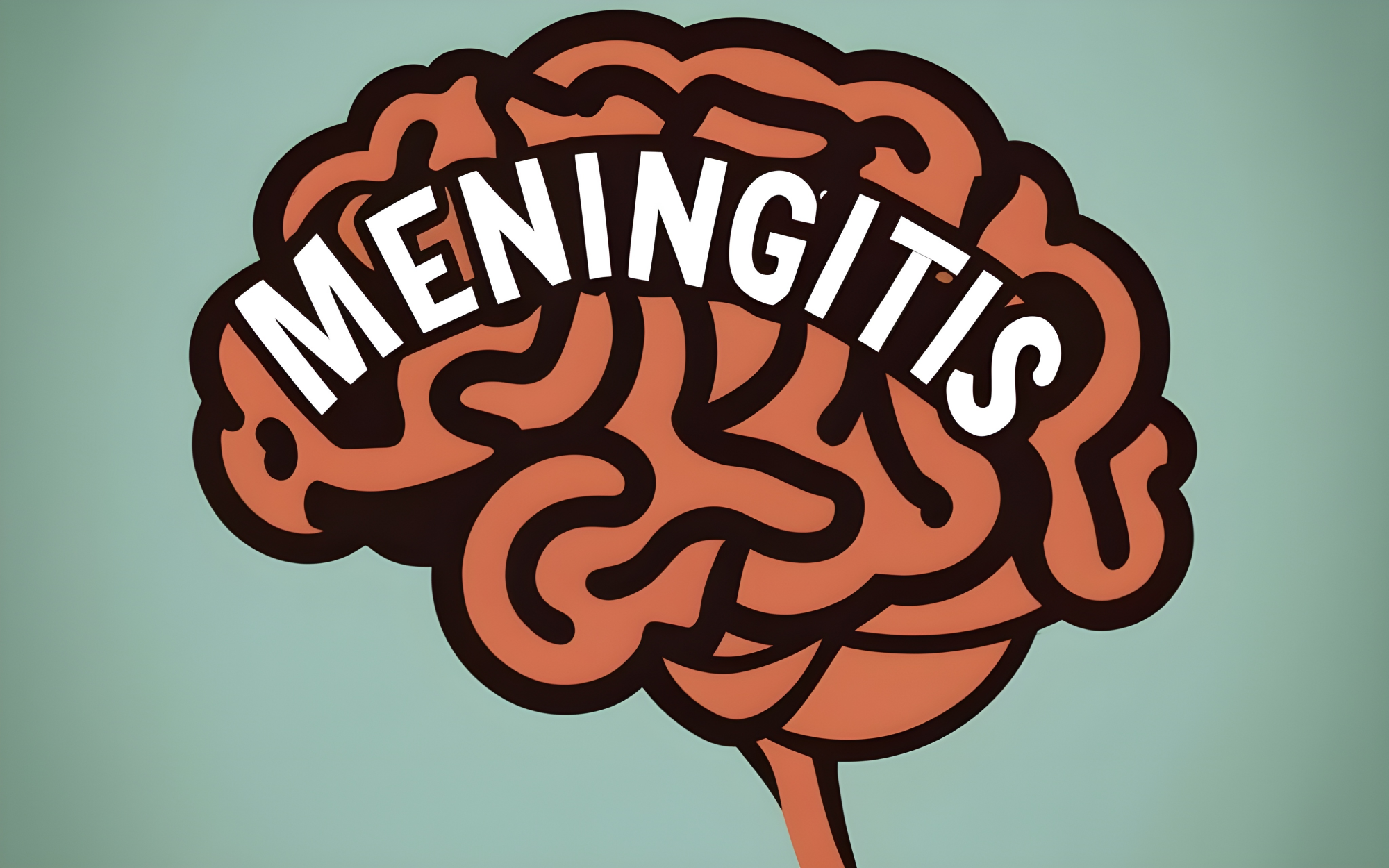Your privacy is our concern
In accordance with section 6.1 of the Privacy Act 1988 (Cth), all information collected in this practice is treated as “sensitive information”. To protect your privacy, this practice operates in accordance with the Privacy Act and our Privacy Policy. A copy of our Privacy Policy is available free of charge from reception or on our website at cottagesugery.com.au
Your doctor uses this information you provide to manage your health care which may include using the information for the following purposes (including instructing this practice to use the information for the following purposes on your doctor’s behalf):
- Collect, record and store my personal and health information that will form part of an individualised comprised medical record.
- Issue reminders for specific health checks I may require, if any, as part of my consultation with my doctor and/or Nurse.
- Provide me with health information updates, general medical updates and provide my personal and health information to undertake administrative tasks involved in the running for the practice, and for my doctor, billing tasks which includes compliance with Medicare, Health
Insurance Commission and other relevant Australian Government requirements.
You can assist in maintaining the accuracy of your information by advising your doctor or reception staff of changes in your contact details.
Selected information may be disclosed to various other health services involved in supporting your health care management (e.g. pathology, specialists, immunisation registers). You hereby acknowledge and consent to the disclosure and/or use of your personal health information by
The Cottage Surgery, your doctor and persons directly or indirectly involved in your personal health care or medical treatment for that purpose including:
- Sending specimens obtained from your doctor to the necessary pathology provider for analysis. As a result, I understand that I may incur an out-of-pocket expense, by which a separate invoice will be issues by the relevant pathology provider. I understand that I will be liable for all expenses incurred.
- Disclosing my personal and health information to the relevant medical and allied health service providers involved in my care.
- Disclosing de-identified personal and health information for research and quality assurance purposes undertaken by my doctor to improve the quality of both individual and community health care needs and practice management. The Cottage Surgery will inform me when such activities are being conducted and give me the opportunity to ‘opt-out’ of any involvement at any time.
- Using my personal and health information by my doctor and other authorised individuals involved in my medical care and treatment, both directly and indirectly.
If you have any questions or concerns how we handle your personal health information or need to arrange access to your records, please ask the staff or you doctor, as appropriate.
I am not obliged to provide information requested of me, but that my failure to do so may compromise the quality of care provided to me by my doctor.
I understand my right to access both my personal and health information held by The Cottage Surgery, except in circumstances where access is legitimately withheld. If my personal and health information is to be used for any other purpose, other than what is set above, further consent will be obtained.
I understand it is my responsibility to inform The Cottage Surgery as soon as I can of any changes to my personal and health information. If any information health about me is inaccurate, I may request to have this altered accordingly.
Cottage Surgery Terms & Conditions
Appointments and Fees
I understand there may be additional charges incurred beyond the standard consultation fee if any additional tests and/or procedures are required.
I understand my doctor requires payment on the day for services provided. Failure to make payment on the day and before close of business will incur additional administration fee as set by my doctor for the time and resources taken to recover full payment.
I understand a non-attendance fee as set by my doctor will be applicable for any missed appointments.
I understand a late cancellation fee as set by my doctor will be applicable for any appointments cancelled with less than 2 (two) hours’ notice.
If I am experiencing financial hardship, I will notify the Practice manager in writing prior to my appointment so that an appropriate payment pan can be devised and agreed between me and my doctor.
If I have any questions or concerns about any of the information on this form, I will request to speak to the Practice Manager or notify the Practice Manager in writing.
Please sign this form as confirmation that you have read, understood the appointment and fee information and consent to the use of your personal and health information as stated above.
You hereby acknowledge and consent to the disclosure and/or use of your personal health information by THE COTTAGE SURGERY PTY LTD ACN 093 271 393 and persons directly or indirectly involved in your personal health care or medical treatment for the purposes set out above.
Privacy Collection Statement
THE COTTAGE SURGERY PTY LTD ACN 093 271 393 collects your personal information for purposes related to (or in the case of sensitive information, directly related to) our functions or activities, including facilitating the delivery of health services to you from your health practitioner, informing you of services which may be relevant to you and to communication with you on behalf of your health practitioner. We may not be able to facilitate the delivery of health services from your health practitioner to you if you do not provide this information. Your personal information may be disclosed to our related bodies corporate, health practitioner and third-party services providers. Your personal information is kept private and secure, as required by federal and stat privacy laws.
Please refer to our Privacy Policy for full details of how we handle your personal information, including how you may access and seek correction of your personal information, complain about a privacy breach, and how we will deal with that complaint.


